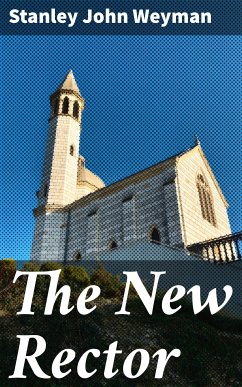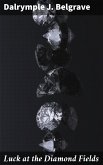In "The New Rector," Stanley John Weyman weaves a captivating tale set in the backdrop of early 20th-century England, exploring themes of social class, ambition, and the nuances of rural life. The narrative unfolds through rich, descriptive prose that captures the essence of its characters and their interpersonal dynamics. Weyman'Äôs literary style is both engaging and accessible, skillfully intertwining humor with poignant observations on human nature, making it a quintessential example of British historical fiction that bridges the gap between realism and romanticism. Stanley John Weyman, often called the 'British Dickens,' was heavily influenced by his background in law and his fascination with the historical complexities of his native England. His experiences traveling through the English countryside and his keen interest in the societal shifts of his time provided fertile ground for the exploration of nuanced character studies in "The New Rector." Weyman'Äôs ability to mirror contemporary societal issues through the lens of a quaint village setting reveals his profound understanding of the human experience. For readers seeking a thoughtful exploration of character and societal dynamics, "The New Rector" offers an enchanting blend of wit and wisdom. Weyman'Äôs masterful storytelling will resonate with fans of classic literature, providing a rich tapestry of insight into a bygone era that remains relevant today.
Dieser Download kann aus rechtlichen Gründen nur mit Rechnungsadresse in A, B, BG, CY, CZ, D, DK, EW, E, FIN, F, GR, H, IRL, I, LT, L, LR, M, NL, PL, P, R, S, SLO, SK ausgeliefert werden.









